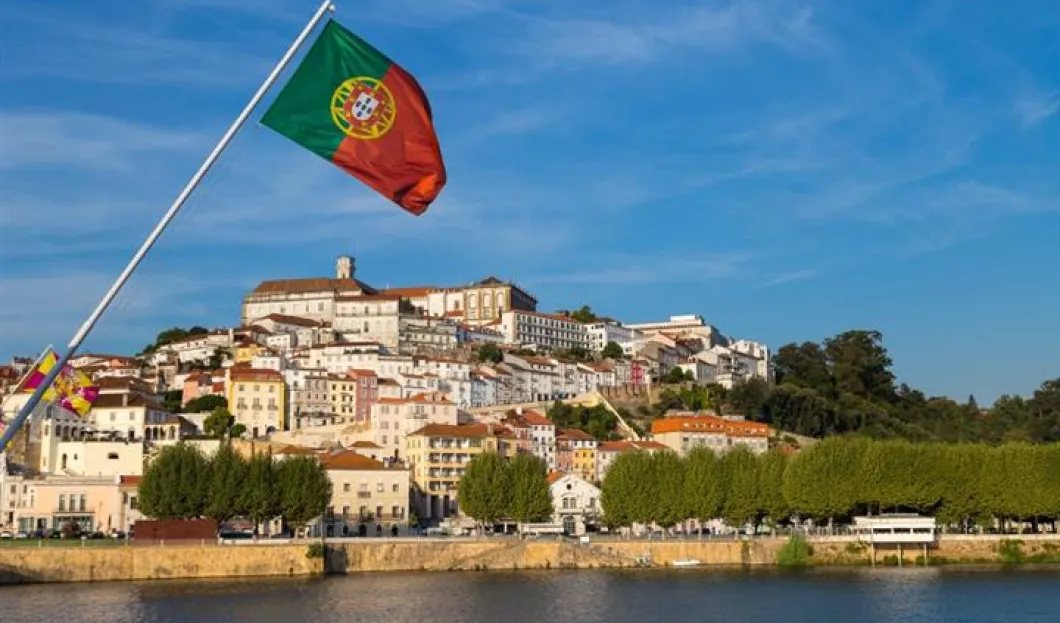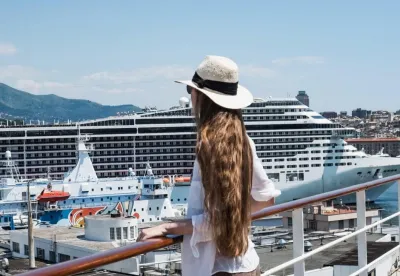
The Portuguese government wants to take full advantage of the recent euphoria that tourism has been experiencing and set new and even more ambitious goals – to achieve a growth of 4% on an annual basis by 2017.
Target: reach the hallmark of 80 million overnight stays and achieve 26 billion euros in revenue, thus doubling the record attained last year. And it’s not only a matter of growth per se. “It’s a growth in quality, with benefits moving faster than guests,” Manuel Caldeira Cabral, Minister of Economy, said.
“Our goal is giving Portuguese tourism the ability to generate more value and we know that it can do it. The year of 2016 showed just that: its ability to generate jobs and wealth in a context of territorial cohesion,” Ana Mendes, secretary of State for Tourism, said.
“Portuguese tourism is something crucial to the economy. It’s the main export sector, representing almost 17% of the exports of goods and services. The trade balance would be negative without tourism,” Vítor Neto, in charge of Bolsa de Turismo de Lisboa (BTL), emphasizes the activity’s importance, on the day that official data confirmed an increase of 12.6% in overnight stays during the month of January, due to a 17.6% rise in tourists from abroad.
If everything goes according to the plan, the numbers will increase. For the first time, the Tourism Strategy was outlined by having the views of the market, providers and companies as its foundation. The foreign markets – Brazil, United Kingdom, France and Germany – also provided their contribution.
“We want to be in the pole position of international tourism and assert Portugal as having one of the most sustainable tourist industries in the whole world,” Ana Mendes Godinho said.
“Thus, our focus number one has to do with economic sustainability, but with social sustainability as well – the workers, the recognition of people and the mobilisation and engagement of citizens in the assertion of Portuguese tourism itself.”
The following explains the new strategy’s motto: Portugal, a sustainable destination. The plan estimates a greater dispersion of tourists throughout the whole year, with this flow being reflected more broadly in the whole country. Tourism will be the economy, but it will also be the preservation and appreciation of the national and cultural heritage; competitiveness and innovation, qualification and inclusion of activities and residents. If everything goes according to the plan, Portugal, by the year of 2027, will have reduced its seasonality from 37.5% to 33.5%, whilst doubling the number of workers with secondary or superior education.

“Qualifying people is the key element to add value to their work; the more qualified companies are, the more they will earn for their services. Our goal is to double the number of individuals qualified with secondary or higher education, from 30% to 60% among those who work in the Portuguese tourism sector,” Ana Mendes Godinho concluded.









